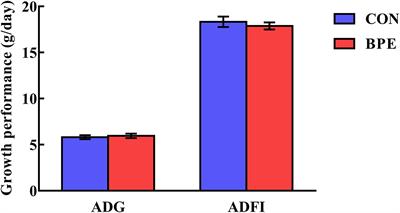ORIGINAL RESEARCH
Published on 07 Oct 2021
The Effect of Ellagic Acid on Hepatic Lipid Metabolism and Antioxidant Activity in Mice
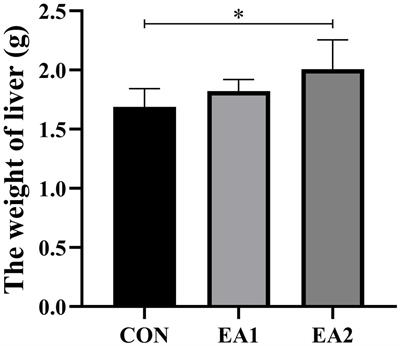
doi 10.3389/fphys.2021.751501
- 2,861 views
- 20 citations
8,878
Total downloads
37k
Total views and downloads
Select the journal/section where you want your idea to be submitted:
ORIGINAL RESEARCH
Published on 07 Oct 2021

ORIGINAL RESEARCH
Published on 09 Sep 2021
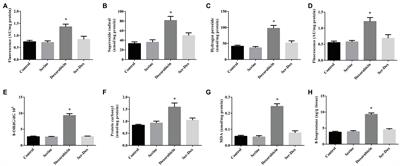
ORIGINAL RESEARCH
Published on 03 Aug 2021
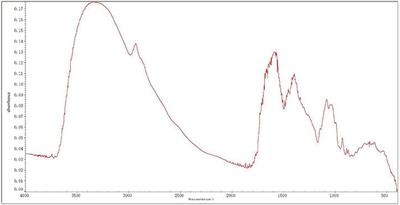
ORIGINAL RESEARCH
Published on 16 Jun 2021
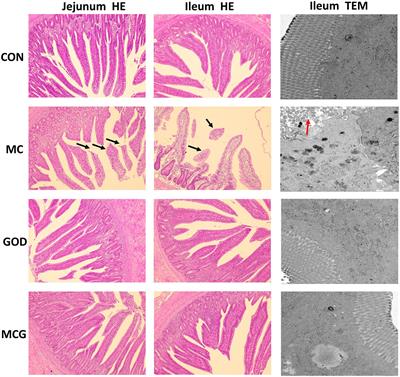
ORIGINAL RESEARCH
Published on 28 May 2021
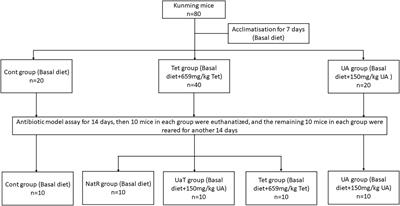
ORIGINAL RESEARCH
Published on 20 Apr 2021
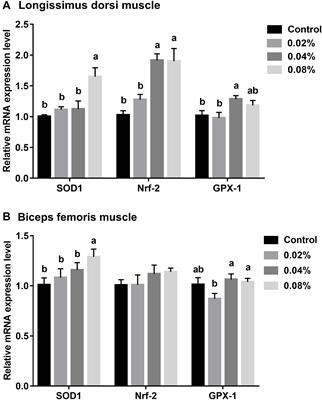
ORIGINAL RESEARCH
Published on 08 Apr 2021
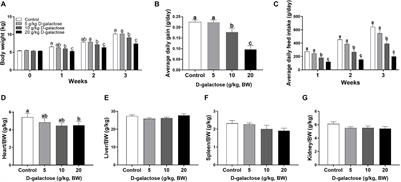
ORIGINAL RESEARCH
Published on 10 Feb 2021
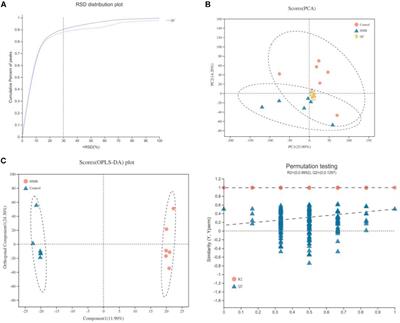
ORIGINAL RESEARCH
Published on 04 Feb 2021
